As summer vegetables like corn and beans stop bearing, home gardeners can plant fall gardens filled with cool-season vegetables.
Timing is everything
Fall gardens in Georgia can be very challenging to get cool-season vegetables through the end of summer. It’s a delicate balance in starting them early enough to allow them to mature (50 to 60 days) before a hard frost and getting them through the end of a hot, dry summer.
Fall vegetables like broccoli, cabbage, cauliflower, collards, kale, turnips, radishes, spinach, lettuce and beets can be purchased as seedlings from garden centers. These plants will be ready to transplant into the garden. Onion sets should be transplanted in October.
Keep young seedlings watered until they are established. And, keep a sharp eye out for pest problems such as insects, diseases and weeds that continue to flourish in warm temperatures and high humidity. A layer of newspaper and mulch placed between garden rows can avoid a lot of weed problems and help conserve soil moisture.
Contact your local University of Georgia Cooperative Extension office at 1-800-ASK-UGA1 for more information on growing fall vegetable gardens.

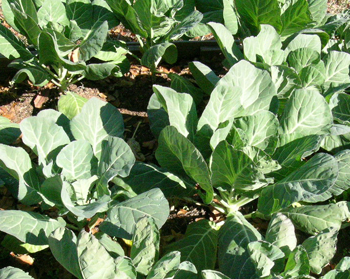
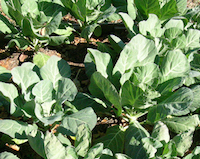
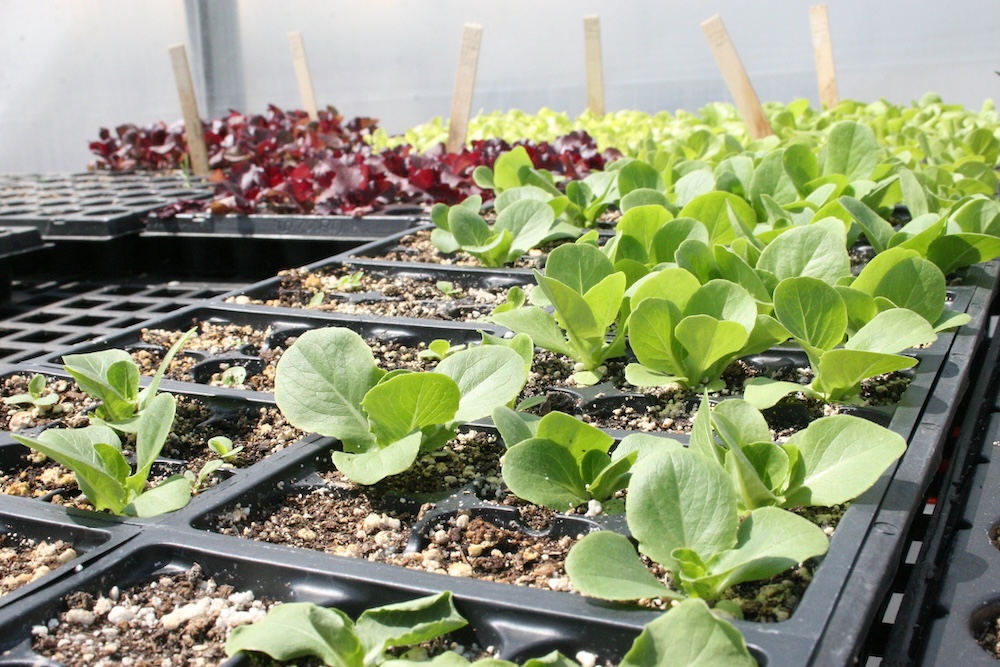
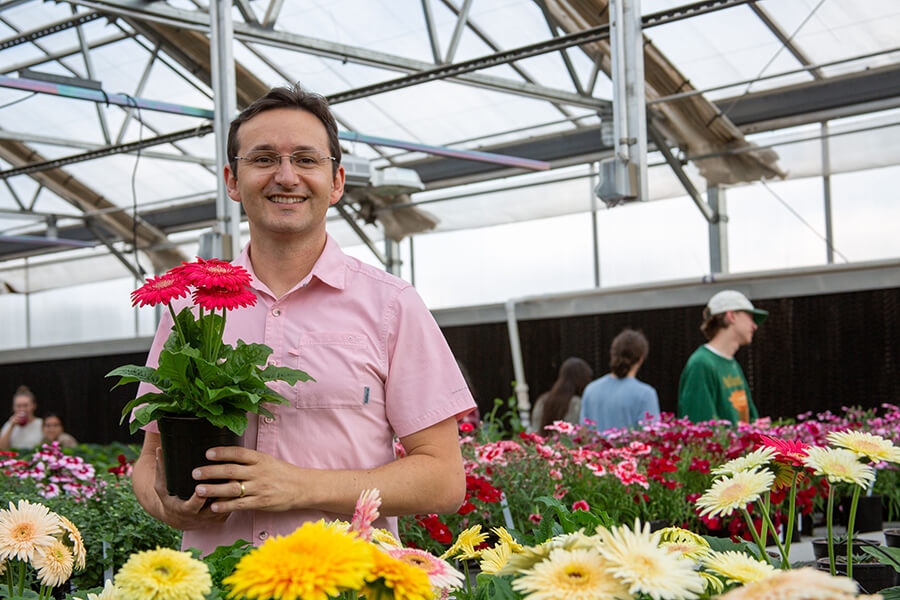
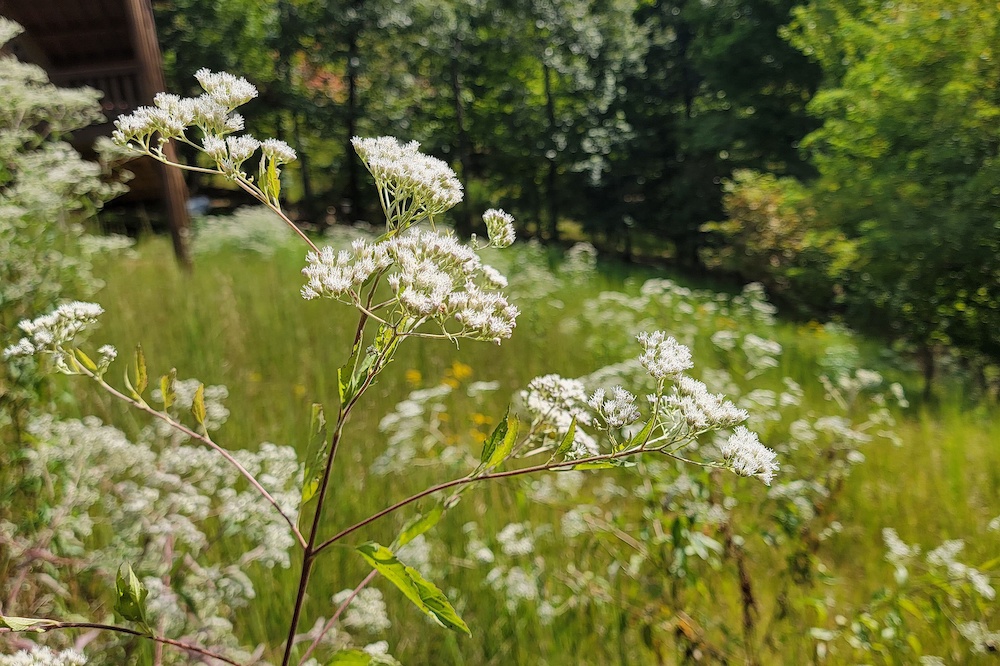
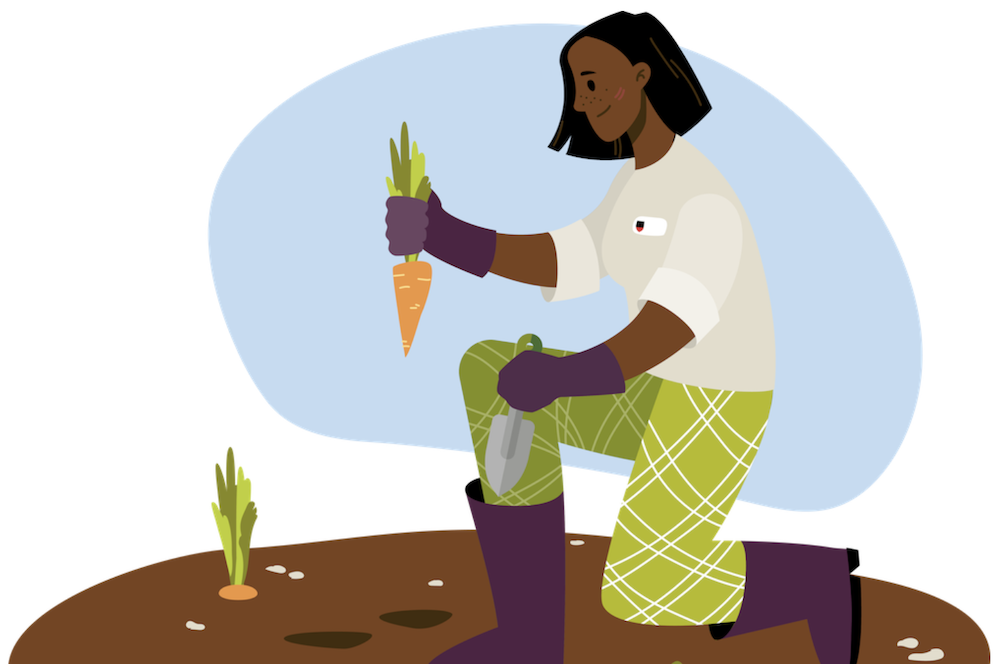

.jpg)